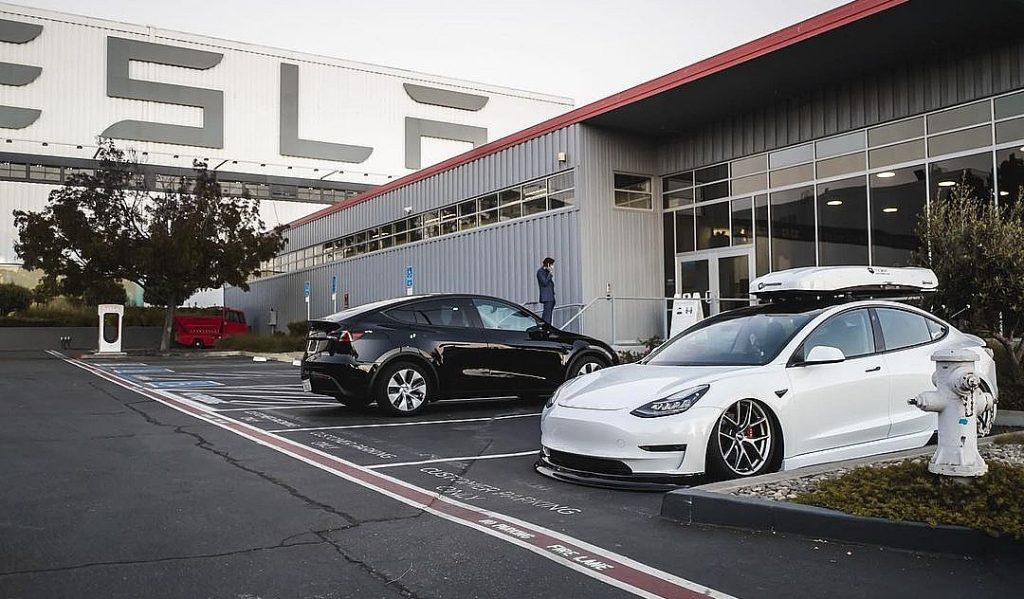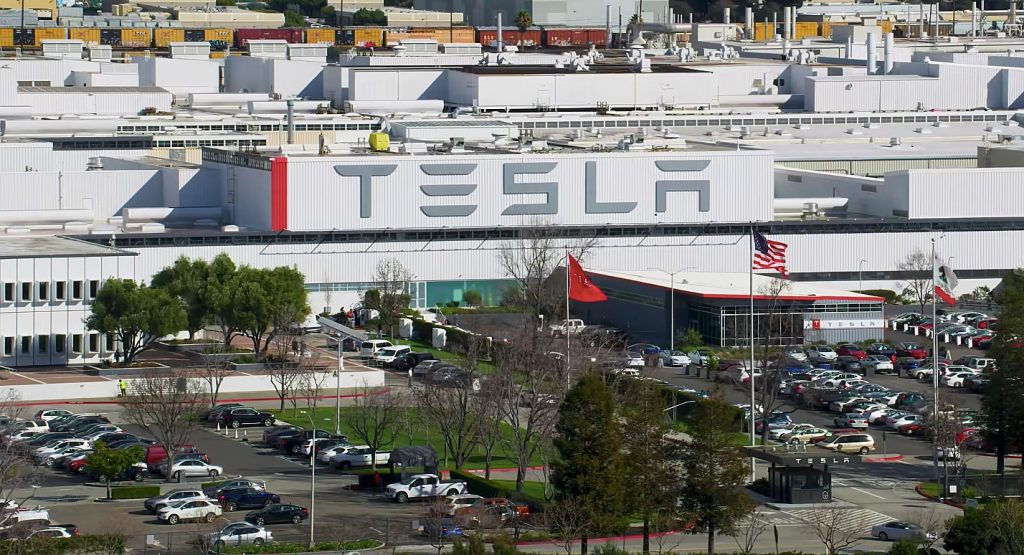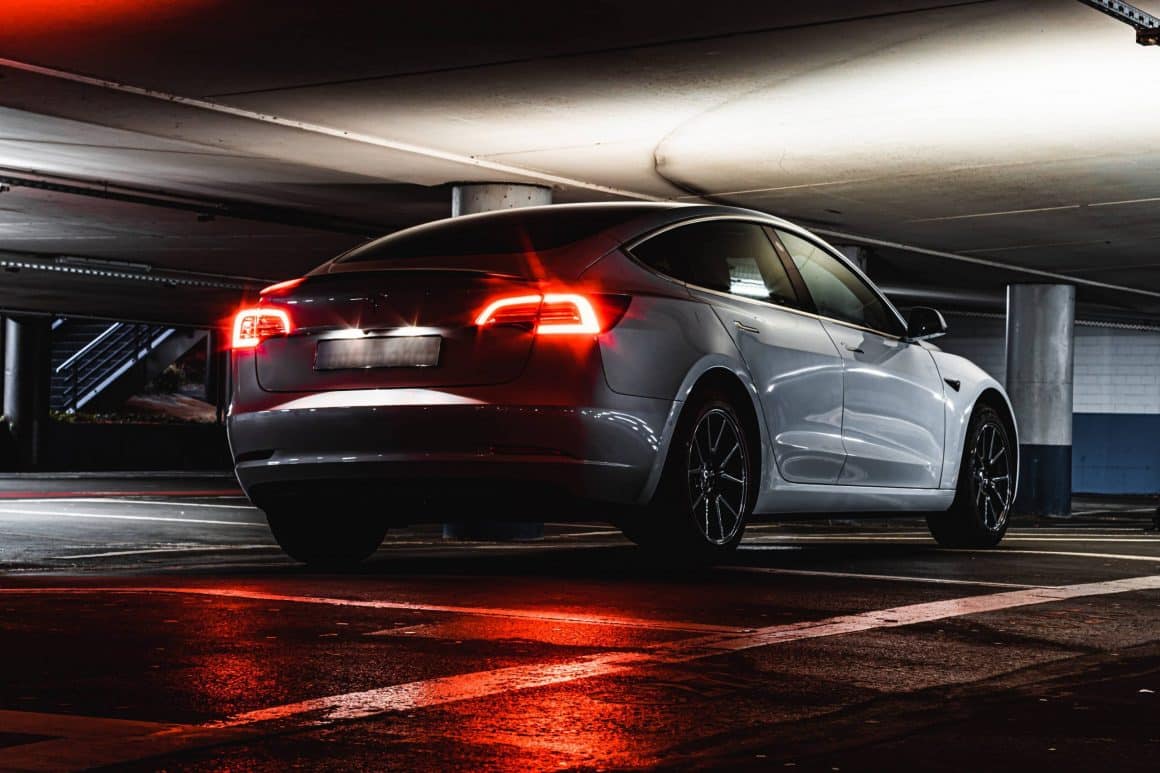Teslas and other electric cars may very well enter a golden age of sorts in the United States, if a newly-proposed bill makes it through. Dubbed as the Electric CARS Act, the bill aims to update the EV tax credit by extending it for ten years and removing the number of eligible vehicles per manufacturer. The bill also seeks to support the buildout of more electric car charging infrastructure.
A federal tax credit of up to $7,500 is currently available for customers who purchase an electric vehicle. However, the current system phases out this credit after an automaker sells its first 200,000 electric cars. Tesla and General Motors have both passed this threshold, which means buyers of both companies’ electric vehicles no longer receive their $7,500 tax credit. With this system in place, the United States practically makes incentives for car buyers to purchase imported EVs instead of those from local automakers like GM.

Tesla, for its part, has been pushing its electric vehicles without the $7,500 tax credit since the end of 2018 (reduced credits were implemented over 2019), when the company passed its 200,000-vehicle threshold. Fortunately, Tesla’s vehicles like the Model 3 and Model Y have stood well on their own merits, garnering critical and consumer support even without tax credits. If the Electric CARS Act passes, companies like Tesla could make an even stronger push into the automotive sector.
The Electric CARS Act aims to improve the federal tax credit through the following means:
- The elimination of the cap for EV makers. The bill would allow consumers access to the tax credit for the next ten years, regardless of the manufacturer they buy their EV from. Under these terms, even Tesla and GM electric car buyers would be able to get their tax credits once more.
- A 5-year use period. The bill would allow buyers to use their respective tax credits over a 5-year period, meaning that EV customers could apply the credit either at the point of purchase or later on. Such a system would make the tax credit more applicable to buyers without large tax liabilities.
- Charging infrastructure support. The bill would provide a 10-year extension of tax credits for alternative fuel vehicles and charging infrastructure. This incentivizes the buildout of EV charging systems like Tesla’s Supercharger Network and other rapid charging services like Electrify America.
The Electric CARS Act is sponsored by Jeff Merkley (D-OR) and Rep. Peter Welch (D-VT), both of whom highlighted the importance of the electric vehicle sector in the United States. In a statement to Channel 21 News, Merkley stated that the bill is apt considering the ongoing climate chaos. He also highlighted the importance of supporting EVs made by American workers in American factories.
“As climate chaos continues to ramp up with record-setting winter storms, violent hurricanes, and catastrophic wildfires, it is imperative that we transition away from gasoline-powered vehicles, which are fanning the flames of the crisis. Consumers are already looking for electric cars, and this bill will help drive adoption faster—and make sure more of those cars are made by American workers in American factories,” Merkley said.

Welch, for his part, explained that supporting electric cars would be a common-sense win for consumers, especially considering that EVs are practical to own.
“We need to quickly and aggressively invest in electric vehicles to combat the global climate emergency that threatens all of our local communities. Owning an electric vehicle can be cheaper and offers significant public health and environmental benefits, but for many Americans, they are unaffordable at the dealership. This bill makes the next generation of electric vehicles accessible to more people by allowing them to receive the electric vehicle tax credit right away. Encouraging electric vehicle adoption is a common-sense win for consumers, the environment, and American workers,” Welch noted.
Led by Tesla and its S3XY line, electric vehicles have disrupted the automotive industry, even without the presence of the $7,500 tax credit. With the Electric CARS Act in effect, companies like Tesla could reach an even bigger consumer market, bringing EVs further into mainstream buyers. Ultimately, the newly-proposed bill has the potential to usher in a golden age of electric cars in the United States. After all, if Tesla could emerge as a competitive automaker even without the country’s primary EV incentive, one could only imagine the heights the company could reach with less handicaps.
The text of the Electric CARS Act could be viewed below.
Original Publication By Simon Alvarez at Teslarati.





